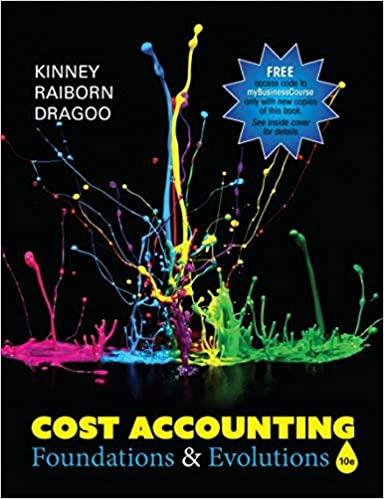An oil and gas companys value is tied to two fundamental facts. The first is the amount
Question:
In a series of several announcements in early 2004, Shell Oil (Royal Dutch/ Shell Group of Cos.) downgraded its proven oil and gas reserves by more than 20 percent, or about 4.5 billion barrels. Most of the misstatements of reserves, which were revealed to the public in 2004, had been booked in the years 1997–2000. Following the 2004 disclosures, regulatory bodies, including the SEC and the U. S. Justice Department, opened inquiries into the misreporting of reserves to determine if there had been violations of reporting rules or other laws.
a. Assume that the misreporting of reserves by Shell resulted from the MIS’s generation of unintentional but inaccurate information. From a cost management perspective, how might the CMS, built on inaccurate data, have caused managers to take actions that were not in the company’s best long-run interests? What actions could managers have taken to ensure the reliability of the data?
b. Assume that Shell intentionally misreported reserves. Discuss how the CMS, if not properly designed, could have contributed to the misreporting.
c. Discuss the ethics of manipulating financial and fundamental data to manage (mislead) perceptions of investors and other interested users of company information.
Fantastic news! We've Found the answer you've been seeking!
Step by Step Answer:
Related Book For 

Cost Accounting Foundations And Evolutions
ISBN: 9781618533531
10th Edition
Authors: Amie Dragoo, Michael Kinney, Cecily Raiborn
Question Posted:





